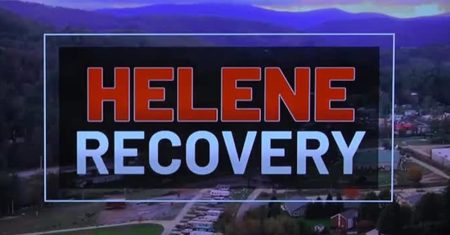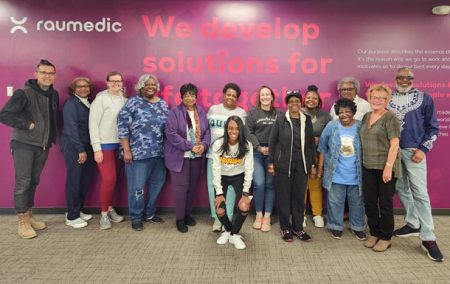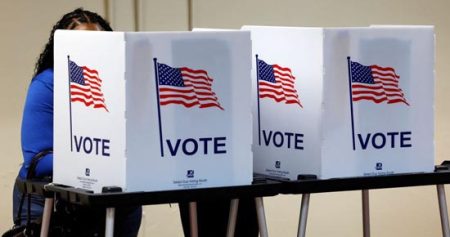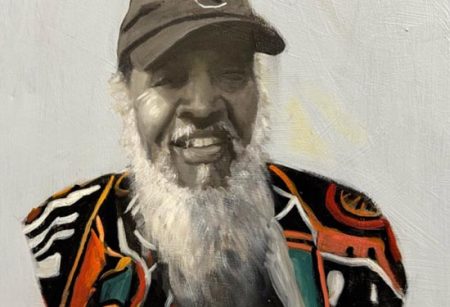What We Know About Omicron
The Omicron variant likely will spread more easily than the original SARS-CoV-2 virus. CDC recommends that everyone 5 years and older protect themselves from COVID-19 by getting fully vaccinated.
 Infection and Spread
Infection and Spread
How easily does Omicron spread? The Omicron variant likely will spread more easily than the original SARS-CoV-2 virus and how easily Omicron spreads compared to Delta remains unknown. CDC expects that anyone with Omicron infection can spread the virus to others, even if they are vaccinated or don’t have symptoms.
Will Omicron cause more severe illness? More data are needed to know if Omicron infections, and especially reinfections and breakthrough infections in people who are fully vaccinated, cause more severe illness or death than infection with other variants.
Will vaccines work against Omicron? Current vaccines are expected to protect against severe illness, hospitalizations, and deaths due to infection with the Omicron variant. However, breakthrough infections in people who are fully vaccinated are likely to occur. With other variants, like Delta, vaccines have remained effective at preventing severe illness, hospitalizations, and death. The recent emergence of Omicron further emphasizes the importance of vaccination and boosters.
Will treatments work against Omicron? Scientists are working to determine how well existing treatments for COVID-19 work. Based on the changed genetic make-up of Omicron, some treatments are likely to remain effective while others may be less effective.
Protection Against Omicron
Vaccines remain the best public health measure to protect people from COVID-19, slow transmission, and reduce the likelihood of new variants emerging. COVID-19 vaccines are highly effective at preventing severe illness, hospitalizations, and death. Scientists are currently investigating Omicron, including how protected fully vaccinated people will be against infection, hospitalization, and death.
CDC recommends that everyone 5 years and older protect themselves from COVID-19 by getting fully vaccinated. Everyone ages 18 years and older should get a booster shot at least two months after their initial J&J/Janssen vaccine or six months after completing their primary COVID-19 vaccination series of Pfizer-BioNTech or Moderna.
Masks offer protection against all variants. CDC continues to recommend wearing a mask in public indoor settings in areas of substantial or high community transmission, regardless of vaccination status.
Tests can tell you if you are currently infected with COVID-19. Two types of tests are used to test for current infection: nucleic acid amplification tests (NAATs) and antigen tests. NAAT and antigen tests can only tell you if you have a current infection. Individuals can use the COVID-19 Viral Testing Tool to help determine what kind of test to seek. Additional tests would be needed to determine if your infection was caused by Omicron.
Self-tests can be used at home or anywhere, are easy to use, and produce rapid results. If your self-test has a positive result, stay home or isolate for 10 days, wear a mask if you have contact with others, and call your healthcare provider. If you have any questions about your self-test result, call your healthcare provider or public health department.
Until we know more about the risk of Omicron, it is important to use all tools available to protect yourself and others. Visit www.cdc.gov/coronavirus/2019-ncov/variants/omicron-variant.html for more details about Covid-19.
Reduce the Risk
With the holidays approaching and people getting together, there is greater risk of getting and spreading COVID-19.
To reduce the risk, North Carolinians should get vaccinated as soon as possible and get a booster as soon as they are eligible. Health leaders also recommend getting tested, even if you are vaccinated, before and after you travel, and before gathering with others. Everyone should continue to wear a mask when in indoor public settings.
Please visit covid19.ncdhhs.gov/about-covid-19/latest-updates for the latest local information.






